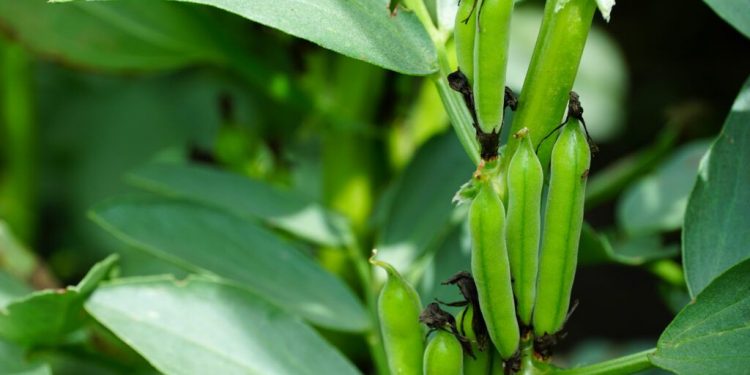Wageningen Research Reveals Field Beans as the Most Promising Protein Crop
Recent research conducted by Wageningen University & Research has highlighted the significant role of field beans in developing a more sustainable agricultural system in the Netherlands. After three years of extensive trials as part of the Fascinating project, field beans have emerged as the top performer among various protein-rich crops tested across different soil types, including clay, sandy, and loamy soils.
Researchers Ruud Timmer, Gerard Hoekzema, and Marjan Toren presented their findings, stating, “Initially, we explored a range of crops, from grass clover and hemp to field beans and soybeans. Ultimately, field beans proved to be the most compatible with the Dutch climate, yielding the highest protein output per hectare.” This discovery is significant, considering the increasing need for sustainable protein sources in agriculture.
The success of field beans aligns with the growing trend of integrating diverse crops into farming systems to enhance soil health and reduce dependence on synthetic fertilizers. By prioritizing crops that are well-suited to local conditions, farmers can achieve better economic returns while contributing to environmental sustainability.
For more insights on the ‘Kansrijke eiwitgewassen’ project and its implications for sustainable farming practices, interested parties can explore further details through Wageningen Research.
Error




